Maxime Amram
Interpretable Predictive Maintenance for Hard Drives
Feb 12, 2021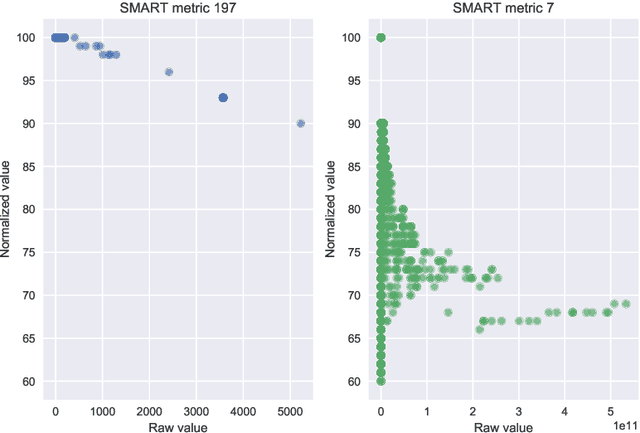
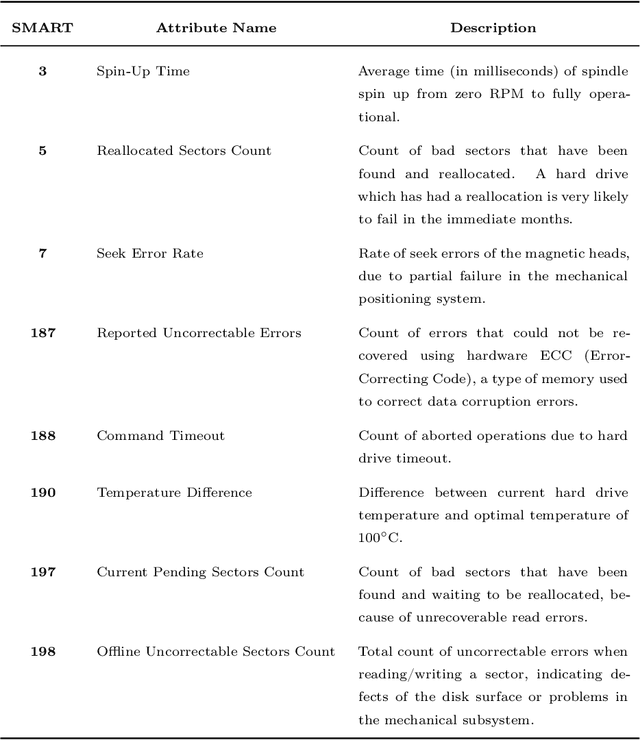
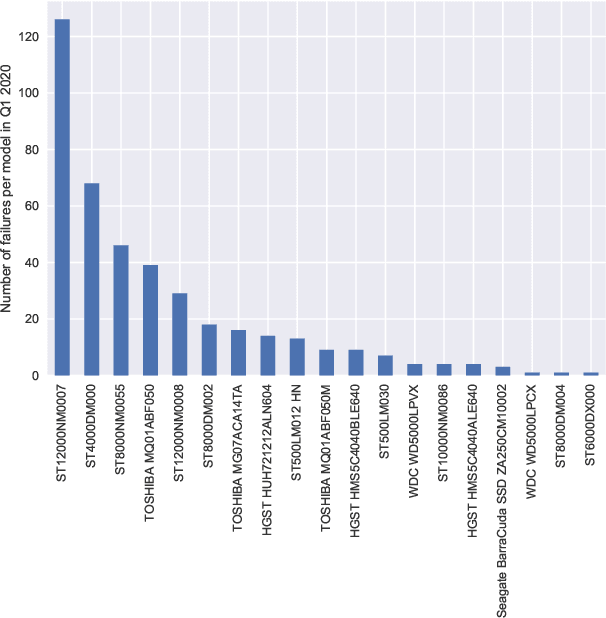
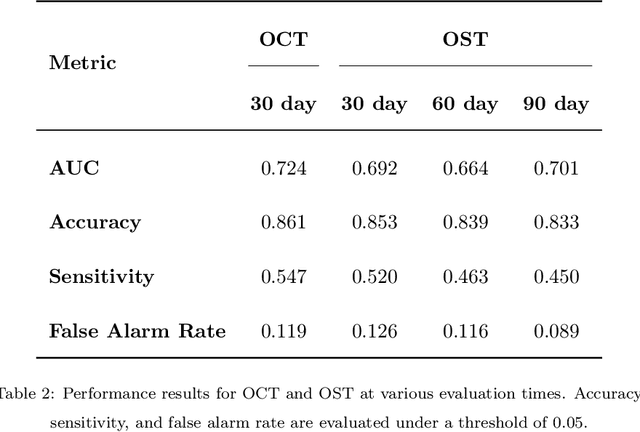
Abstract:Existing machine learning approaches for data-driven predictive maintenance are usually black boxes that claim high predictive power yet cannot be understood by humans. This limits the ability of humans to use these models to derive insights and understanding of the underlying failure mechanisms, and also limits the degree of confidence that can be placed in such a system to perform well on future data. We consider the task of predicting hard drive failure in a data center using recent algorithms for interpretable machine learning. We demonstrate that these methods provide meaningful insights about short- and long-term drive health, while also maintaining high predictive performance. We also show that these analyses still deliver useful insights even when limited historical data is available, enabling their use in situations where data collection has only recently begun.
Optimal Policy Trees
Dec 03, 2020
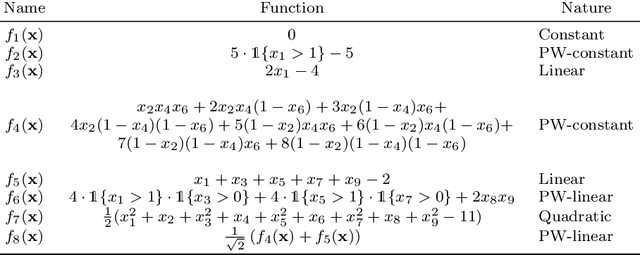
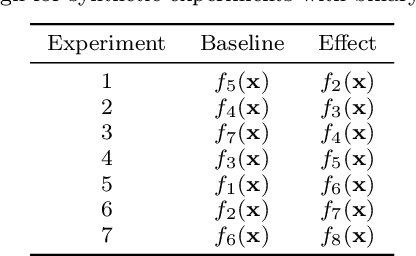
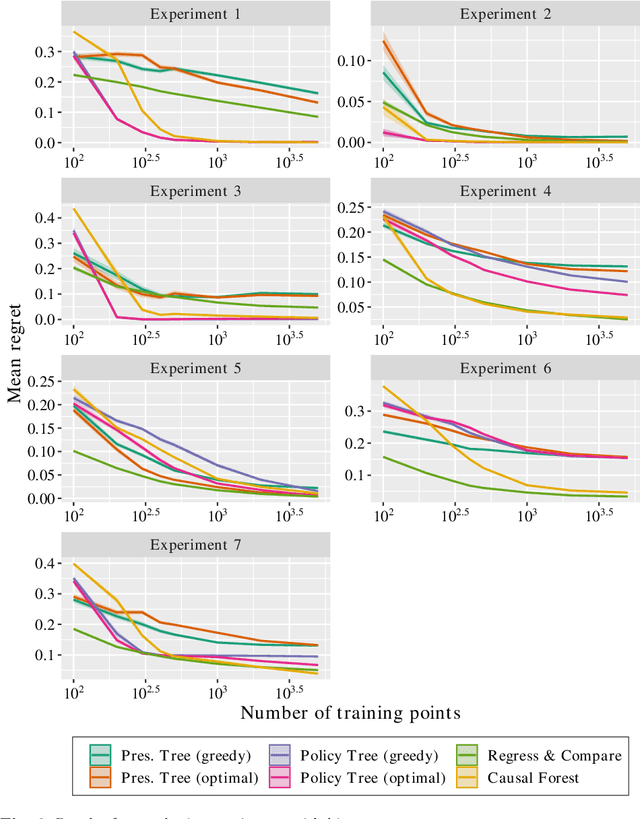
Abstract:We propose an approach for learning optimal tree-based prescription policies directly from data, combining methods for counterfactual estimation from the causal inference literature with recent advances in training globally-optimal decision trees. The resulting method, Optimal Policy Trees, yields interpretable prescription policies, is highly scalable, and handles both discrete and continuous treatments. We conduct extensive experiments on both synthetic and real-world datasets and demonstrate that these trees offer best-in-class performance across a wide variety of problems.
 Add to Chrome
Add to Chrome Add to Firefox
Add to Firefox Add to Edge
Add to Edge